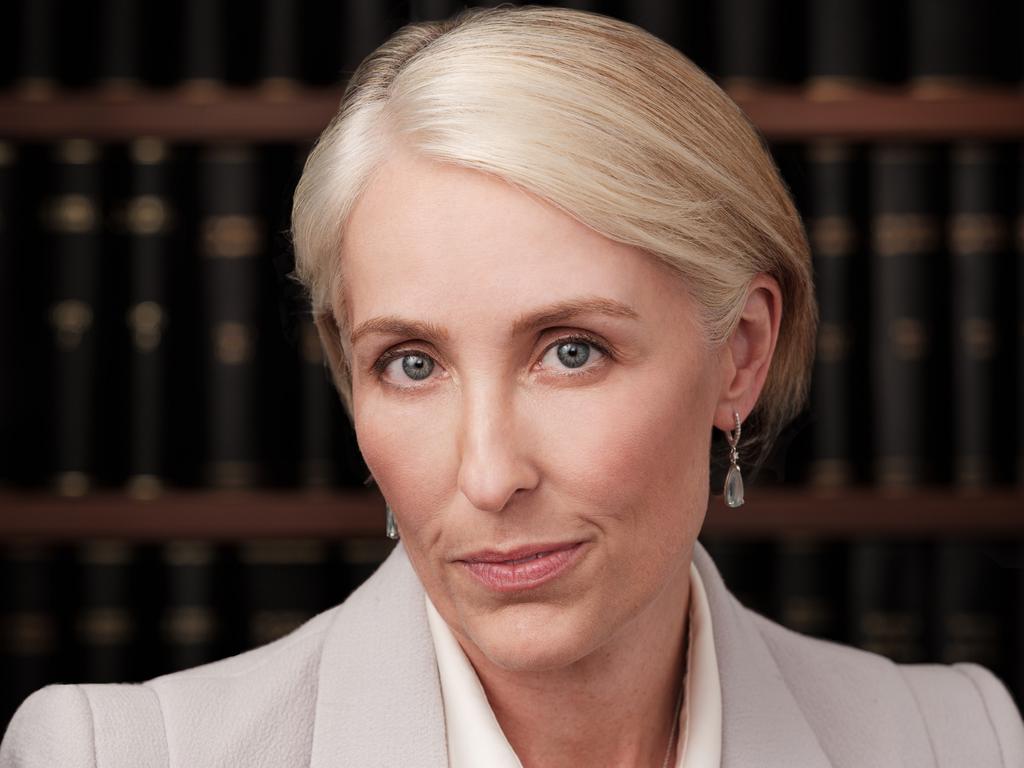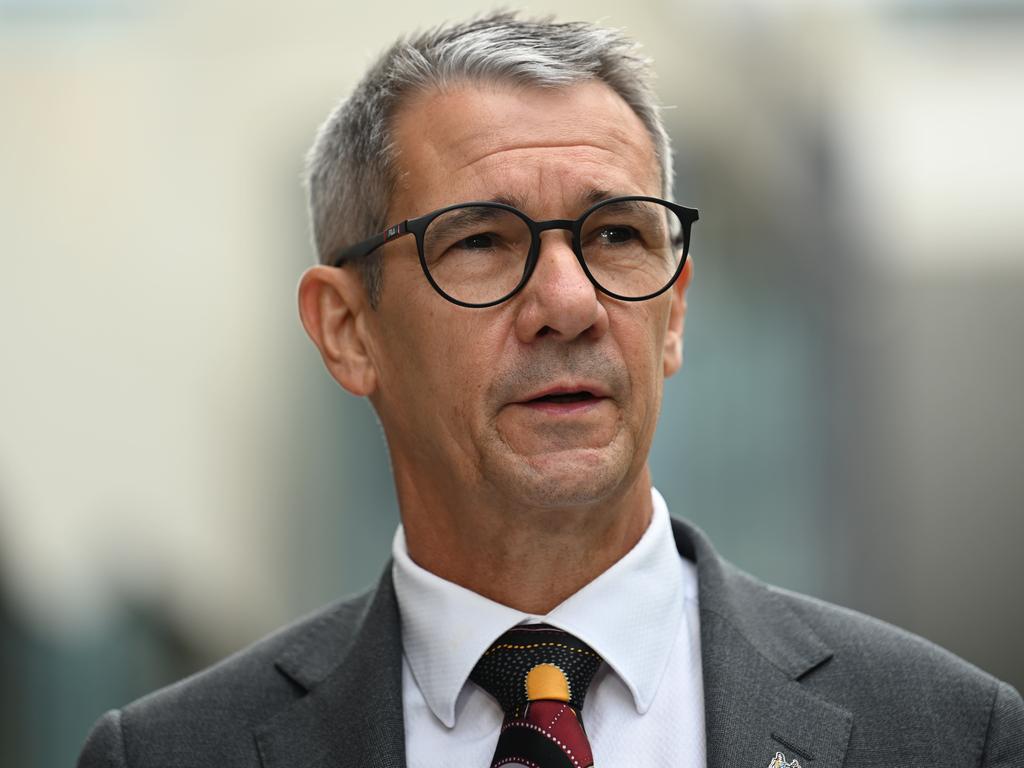NSW DPP Sally Dowling tells staff ‘speak with me personally’ amid rape case rift
Leaked emails from the NSW DPP have revealed Sally Dowling urged staff to speak to her directly about growing criticism that her office runs ‘meritless’ rape cases.

The NSW chief prosecutor has asked her staff to speak to her directly about growing criticism that her office runs rape cases that have no prospect of a conviction, as she tries to restore faith in her administration and contain a growing belief her office is unable to prosecute rape matters without considering external pressures.
This comes as another NSW judge calls out the office of Director of Public Prosecutions Sally Dowling for prosecuting the sexual assault allegations of an unreliable complainant – a son who was found to have “ulterior motives” for levelling historical sexual abuse allegations at his mother.
Ms Dowling has come under fire after five District Court judges launched public attacks on her office for “time and time again” bringing baseless sexual assault proceedings to trial, with some believing a pattern is emerging in which prosecutors prefer to take a “believe the victim” stance and push a matter before a jury, rather than dropping impossible cases.
When grilled on the matter in NSW parliament this month, Ms Dowling revealed she would conduct an internal audit of sex assault matters to ensure prosecution guidelines were being complied with. Solicitors in Ms Dowling’s office have criticised her for failing to properly consult them about the judges’ criticism and have disparaged the audit, telling The Australian that “if there is to be true transparency and accountability in the face of such public criticism, an internal audit is insufficient”.
In light of the grumblings, The Australian can reveal Ms Dowling sent an email to all solicitors urging them to “speak with me personally” if they take issue with her behaviour.
“Our office is committed to providing the best possible prosecution service to the people of NSW and our review of pending adult sexual assault matters forms part of that commitment,” she wrote in the email sent last week.
“The scope and process for the review is currently being finalised, and later this week I will meet with Craig Hyland, deputy solicitors and managing lawyers to discuss further details.”
Ms Dowling said the solicitors would be required to participate in the review, and said matters would be “prioritised based on their trial listing date, so many of you will already be preparing these matters for trial”.
“If any member of staff would like to speak with me personally – about this or any other topic – please reach out to my EA and book a time,” she said.
The extent of the internal audit is yet to be made public, but it understood it will extend to all adult sexual assault matters, in addition to matters of complainants aged 16 and 17 who can legally consent to having sex.
On Friday, another NSW District Court judge called out the ODPP for running an untenable sexual assault case based on the testimony of a complainant who was “very substantially lacking in credit”. The case related to historic sexual assault allegations brought by a son against his mother, who claimed she had sexually abused him 38 years ago.
The defence had encouraged the ODPP to take a “no bill” application – an application brought if it is believed there is not enough evidence to get a conviction over the line – but Ms Dowling refused.
Judge Phillip Mahony in his judgment said it was clear “that the complainant was not a witness of truth” and called out 21 separate examples that proved the complainant had “ulterior motives”.
Those examples included that he lied about a “yellow photo album” owned by his mother which he said contained sexually explicit images of him, and that he could not make out evidence of “prolonged beatings producing welts on his hands, wrists and buttocks”.
The court also heard the complainant was obsessed with finding out his father’s identity and used the NSW Police to question his mother about this once she was arrested. It also heard the lied to the NSW Civil and Administrative Tribunal “in an attempt to get control of his mother’s assets”.
“While matters concerning credibility, demeanour and the like in a word-on-word case generally fall within the realm of the jury I am satisfied that here the crown case depended on the evidence of the complainant which was very substantially lacking in credit, was motivated by his ulterior concerns to identify his father and obtaining the family home, and was shown in numerous respects to be plainly wrong,” Judge Mahony found.








To join the conversation, please log in. Don't have an account? Register
Join the conversation, you are commenting as Logout